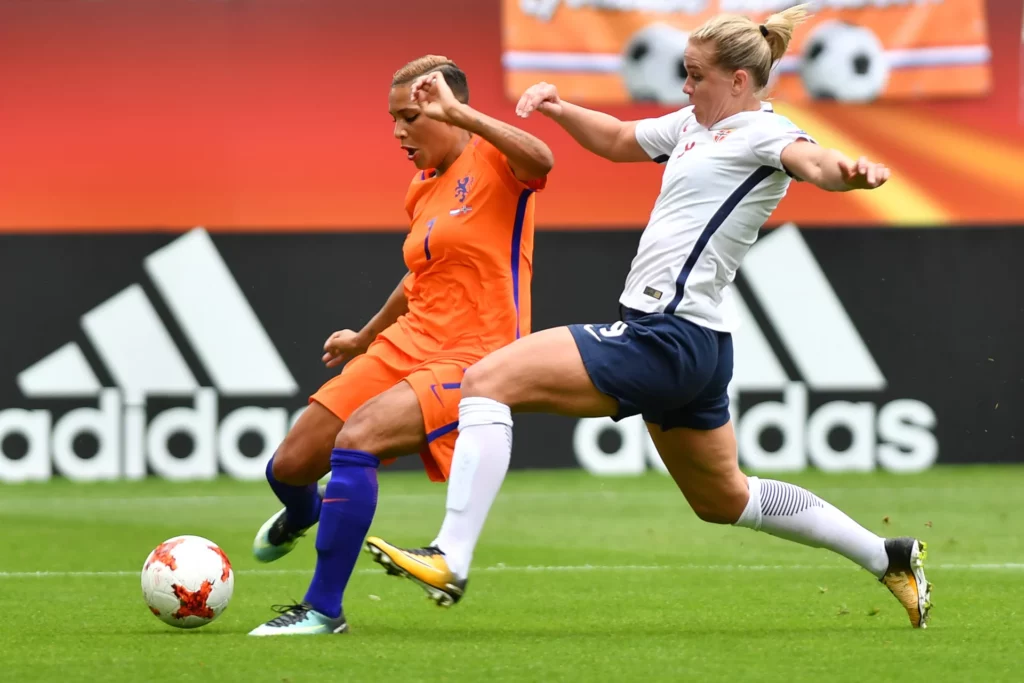In the ongoing Women's World Cup in Australia and New Zealand, viewers might have noticed a peculiar accessory adorning the necks of some football players. It is not a piece of jewellery but rather the much-discussed Q-Collar, a revolutionary device designed to prevent brain injuries in contact sports.
Canadian midfielder Quinn and Costa Rican Rocky Rodriguez were among the footballers seen wearing this minimalist neck brace during the tournament.
The Q-Collar, priced at around €180, is the brainchild of the American company Q30 Innovations. Inspired by the woodpecker's ability to withstand repeated impacts, the collar exerts a slight pressure on the neck muscles, increasing blood flow to the skull and creating a thicker "airbag" to reduce the impact of collisions.
The motivation behind this innovative product stems from the growing concern about brain injuries in sports. Studies have highlighted the serious risks posed by repeated collisions or ball impacts. For instance, American football players frequently suffer from CTE, a brain disease leading to memory loss, confusion, aggression, depression, and even suicidal tendencies. Football players, too, face a higher risk of dementia and Parkinson's due to the repeated heading of the ball.
Invulnerability to head injuries?
Women, in particular, are more vulnerable to brain injuries due to differences in neck muscles and hormone balance. Hence, the Q-Collar gained attention during this Women's World Cup, and its popularity has extended to other sports such as martial arts, ice hockey, and basketball.
While many athletes see the Q-Collar as a protective measure, some researchers and experts have questioned its effectiveness and even pointed out potential adverse effects. In a recent article published in The New York Times, some critical voices argued that wearers might develop a false sense of invulnerability and take irresponsible risks, like returning to play too soon after a brain injury.
Despite the ongoing debate, the Q-Collar continues to gain traction and is now seen as an essential piece of gear for athletes seeking to reduce brain injury risks. With its approval by the United States Food and Drug Administration (FDA) and increasing adoption by sports professionals, the device aims to provide a cushioning effect for the brain during impacts, but its ultimate efficacy remains a subject of scrutiny.
As we witness breakthroughs like the Q-Collar, it becomes apparent that protecting athletes from brain injuries is becoming an ever more significant focus, especially as the dangers of concussions and repetitive hits are better understood.

